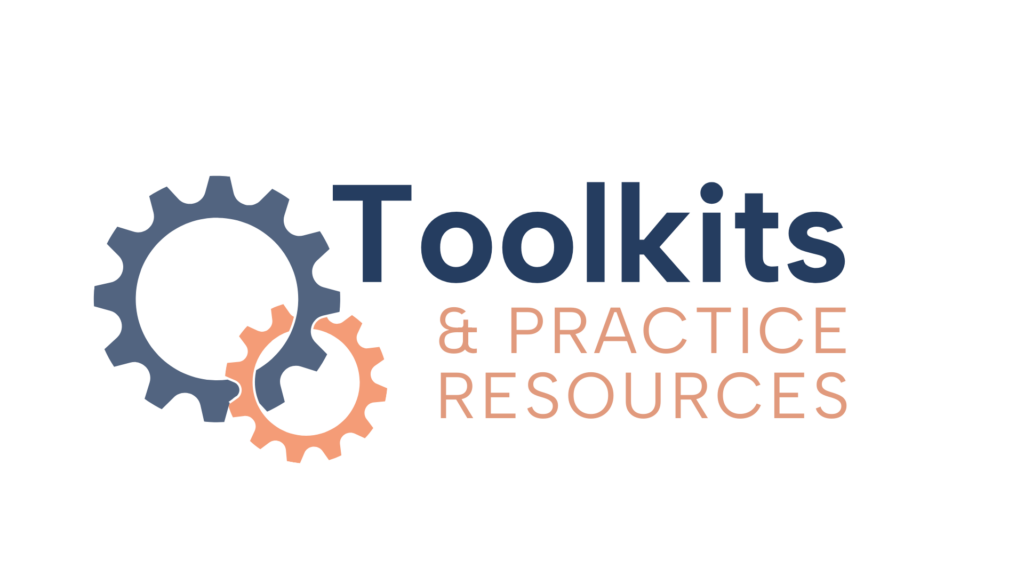EMDR Toolkits & Practice Resources
Toolkits and Practice Resources are curated collections designed to support your professional development as an EMDR therapist.
Explore tools tailored to specific client challenges and enhance your skills to elevate your practice. Many toolkits also include resources you can share directly with your clients.
Most toolkits are restricted to members only. Please log in or join EMDRIA™.
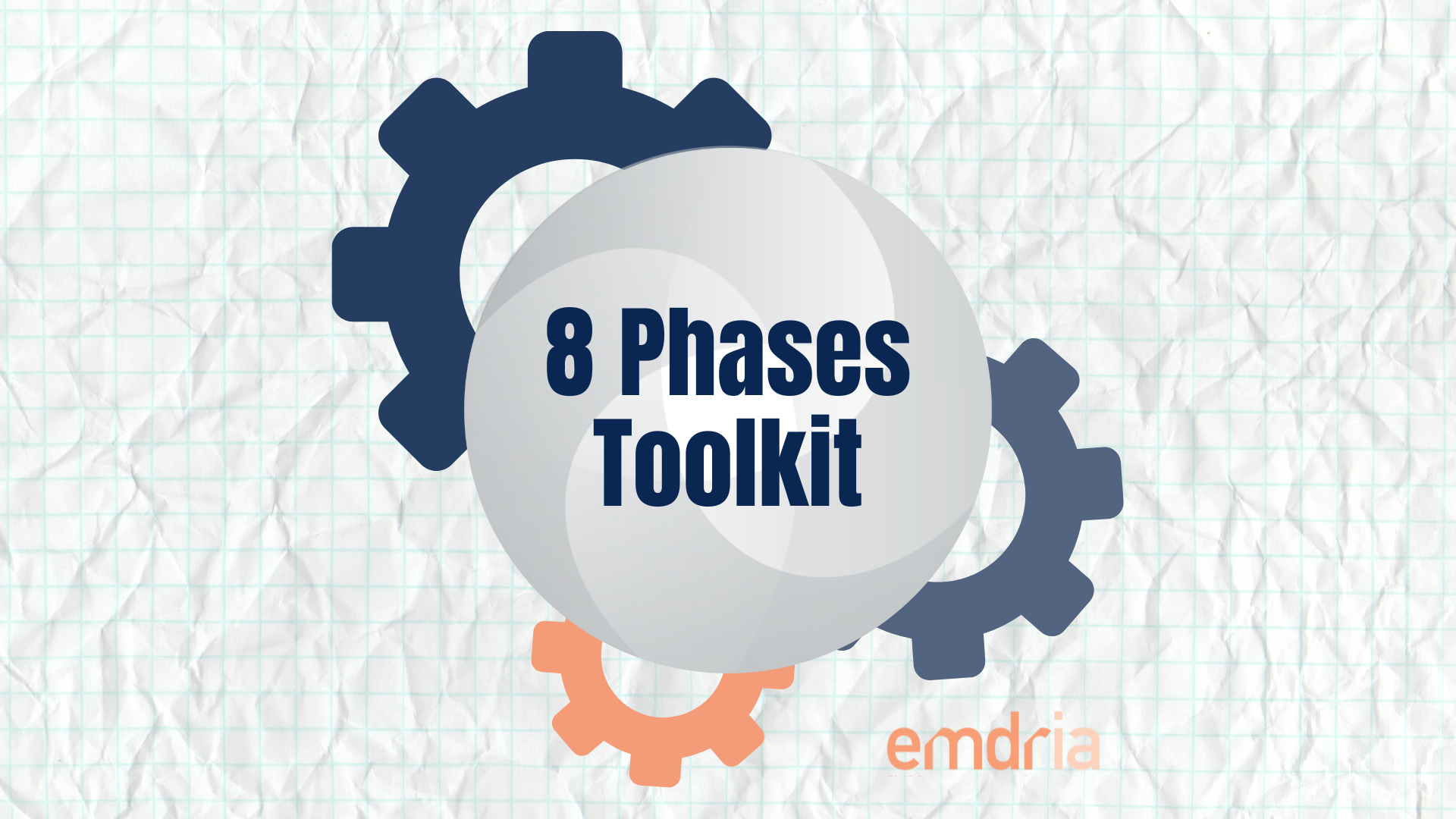
8 Phases Toolkit
The eight phases of EMDR therapy provide a framework to understand the treatment process. Toolkit includes tools to help EMDR therapists and clients understand the 8 phases.
Members only
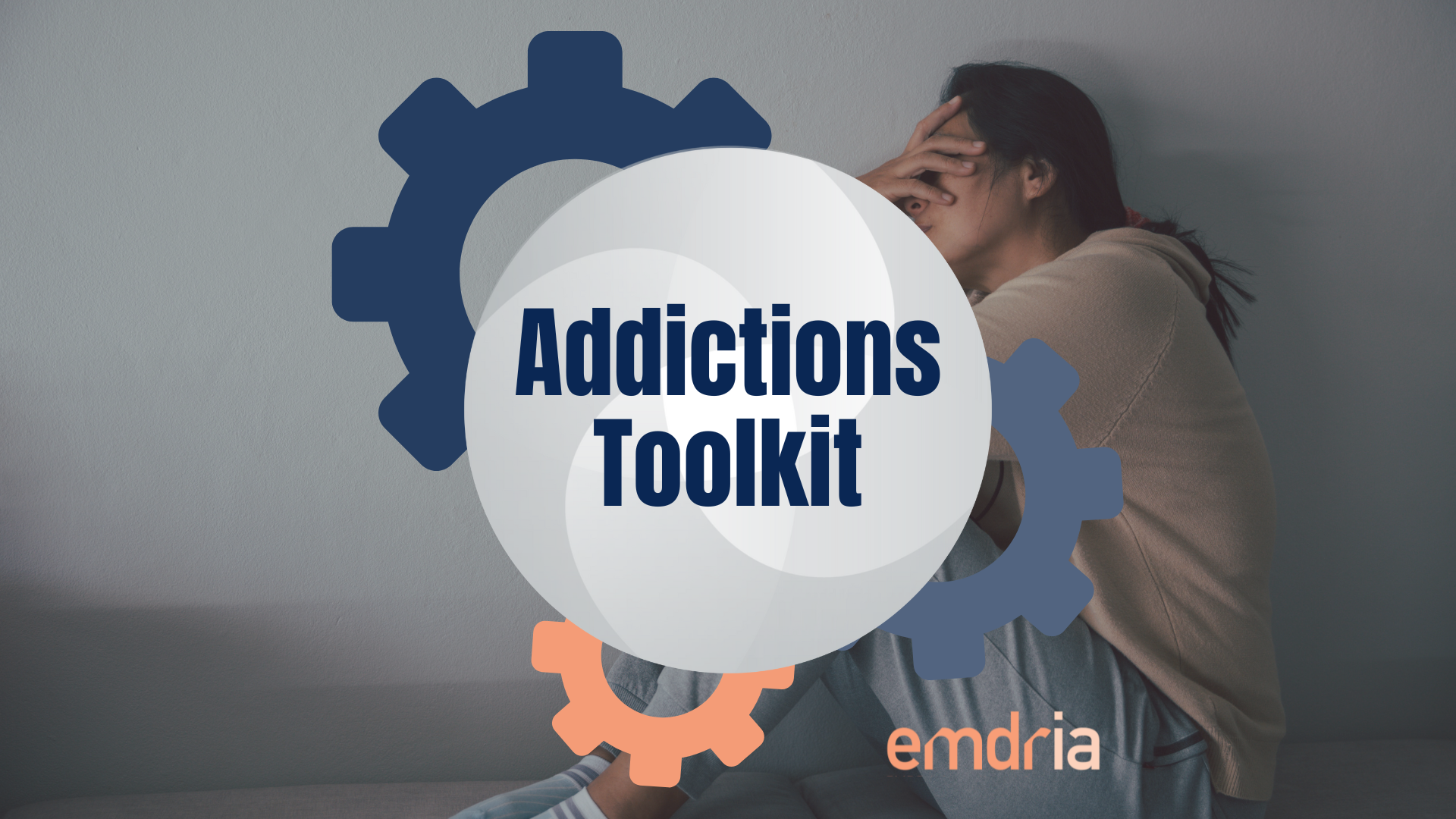
Addictions Toolkit
Resources to help EMDR therapists who work with people coping with addictions and compulsive behaviors.
Members only
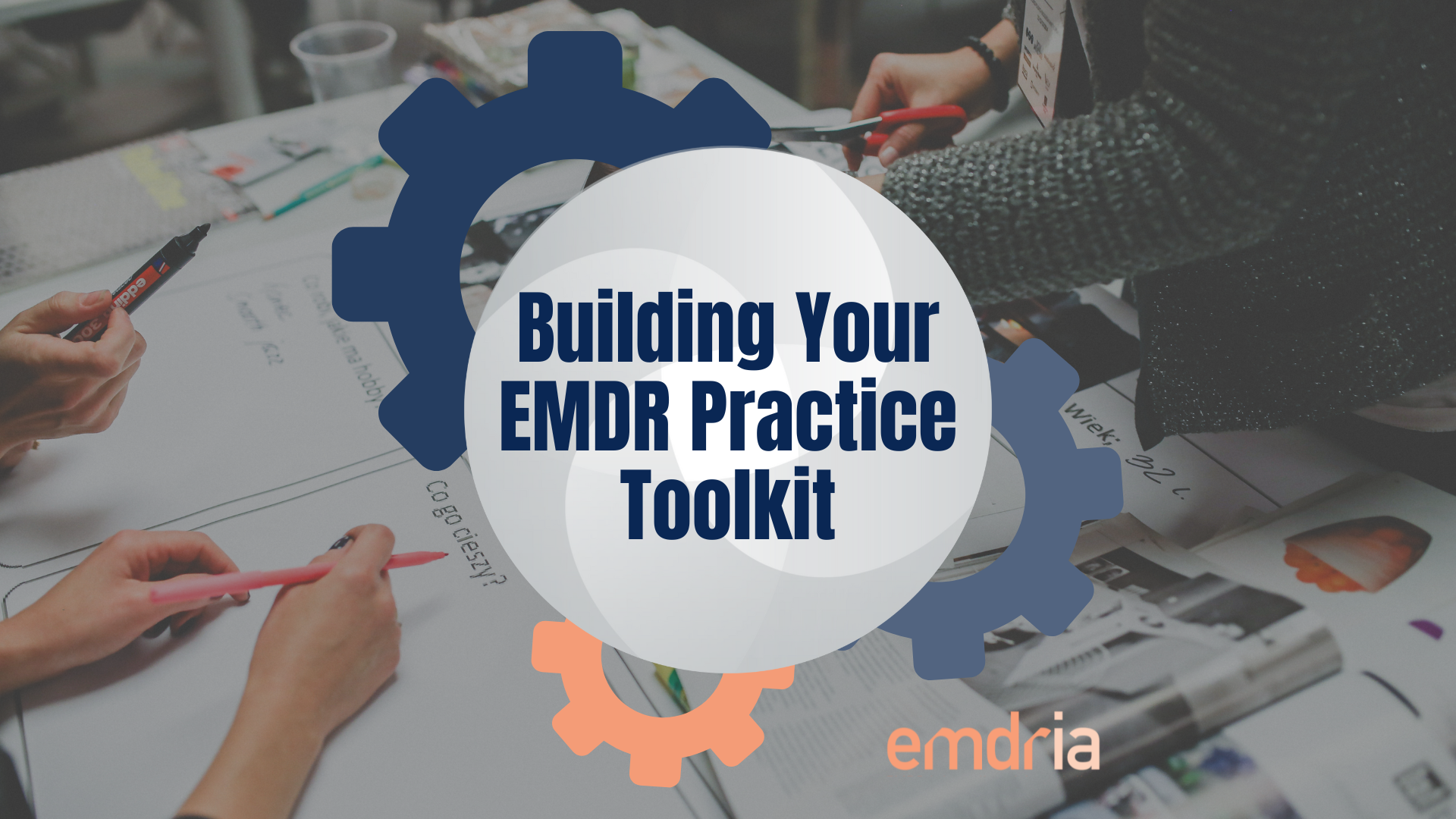
Building Your EMDR Practice Toolkit
Member resources to help build an EMDR therapy practice, many of which are featured in the Go With That Magazine® September 2019 issue.
Members only
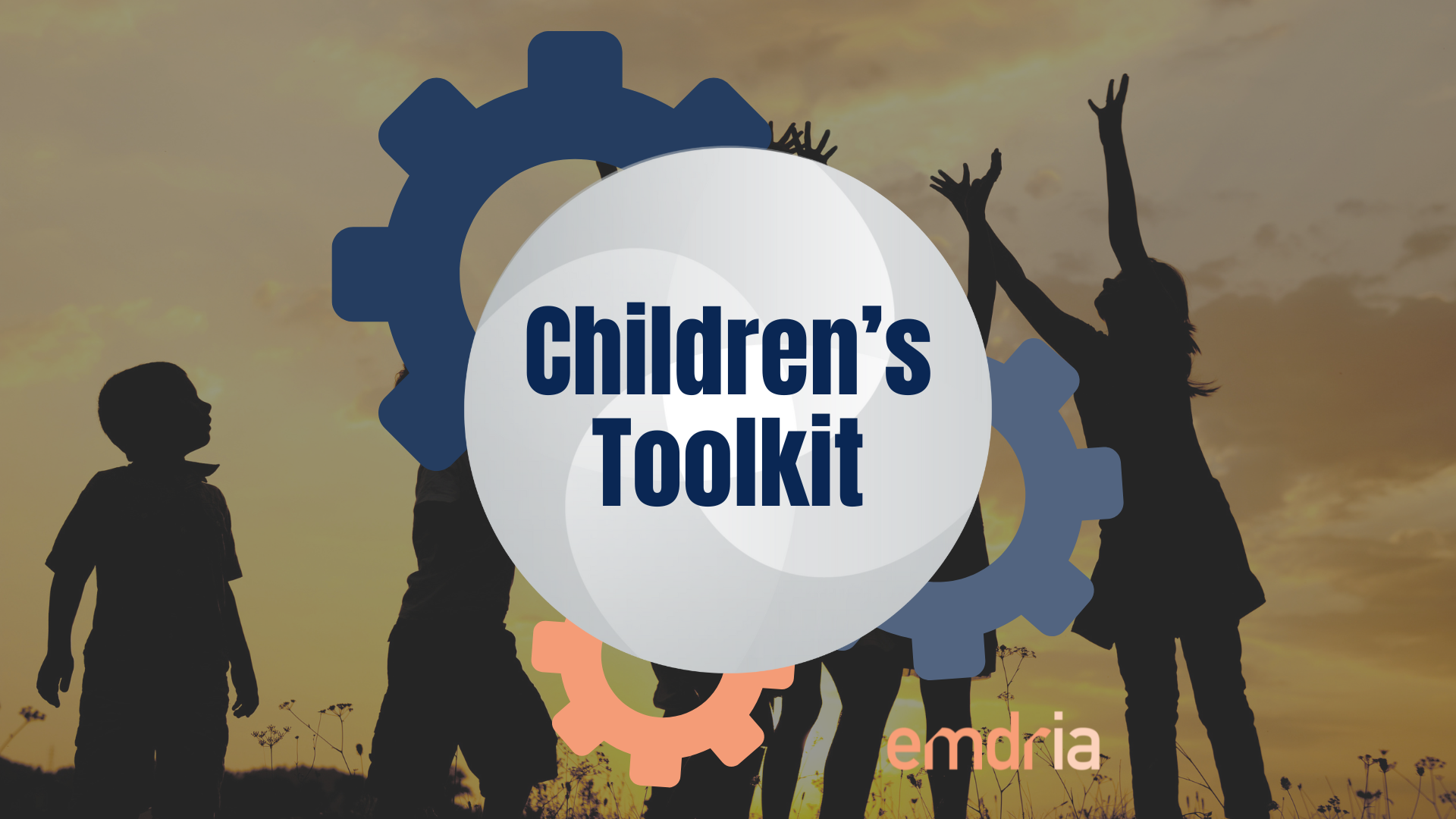
Children's Toolkit
The worksheets and resources in the EMDRIA™ Children's Toolkit were developed in order to help children recognize their internal and external resources.
Members only
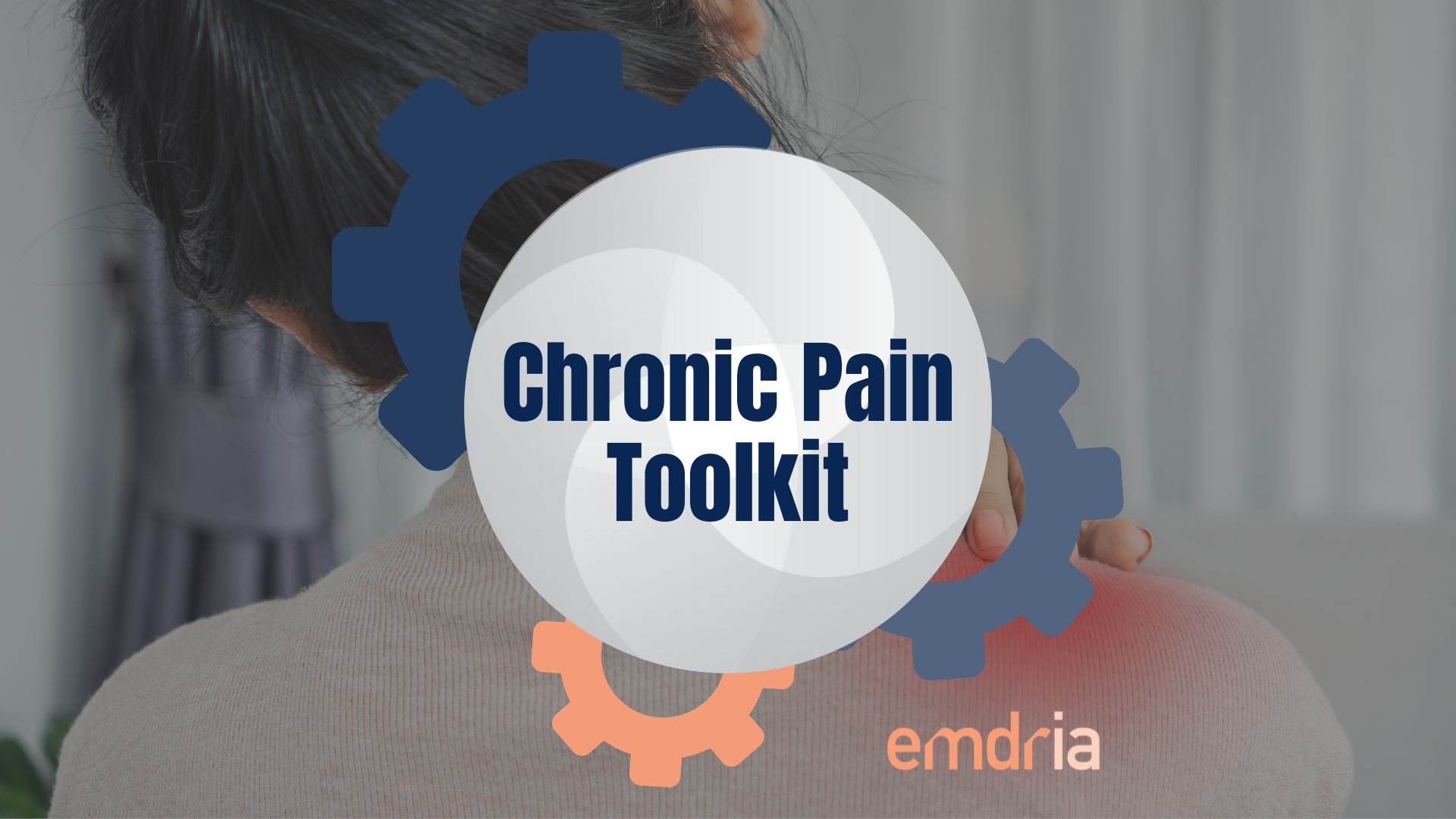
Chronic Pain Toolkit
Resources developed to help EMDR therapists who work with clients coping with chronic pain, chronic health conditions and somatic issues.
Members only

Client Brochures
Brochures that help explain EMDR therapy to clients and patients. Two types of brochures are available–one for adults and one for children.
Members only
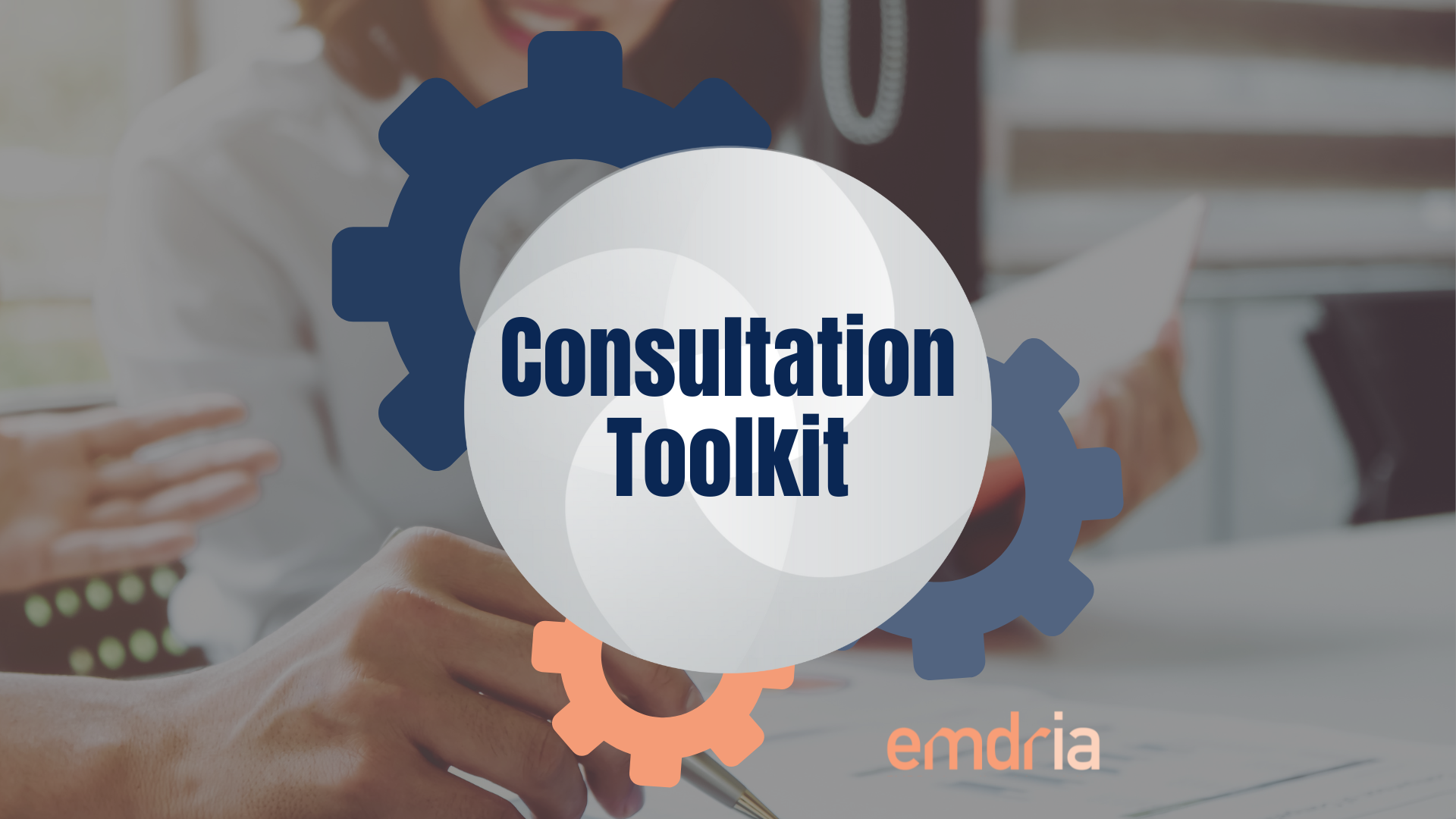
Consultation Toolkit
Resources for consultees, EMDR Consultants in Training™, and EMDR Consultants™ to help clarify the EMDR consultation process.
Members only
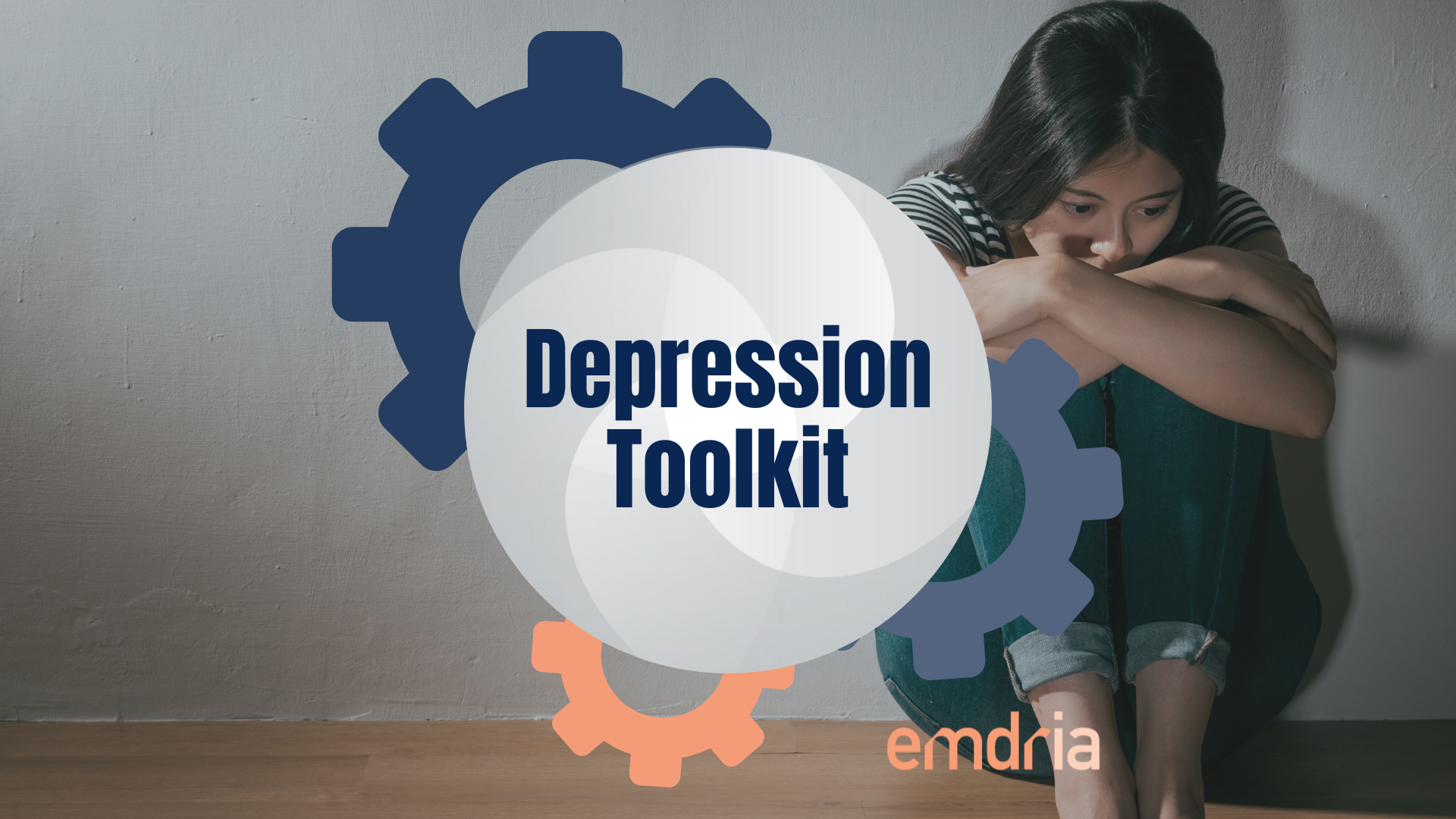
Depression Toolkit
Resources to help EMDR therapists who work with clients experiencing depression symptoms.
Members only
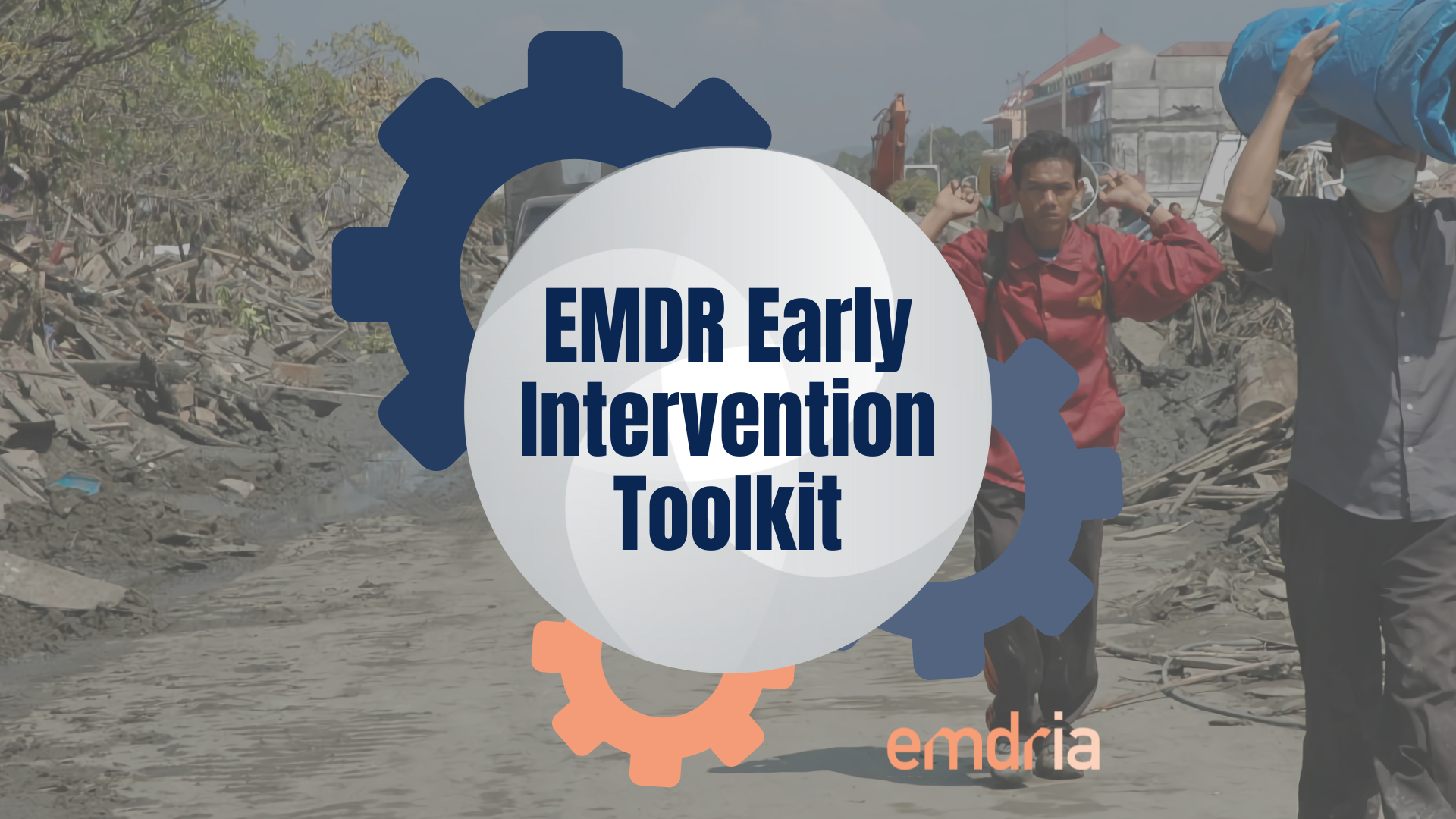
EMDR Early Intervention Toolkit
EMDR Early Intervention (EEI) is important to so many people in the world who are facing traumas such as fires, earthquakes, war, political and personal violence, and personal loss.
Open Access
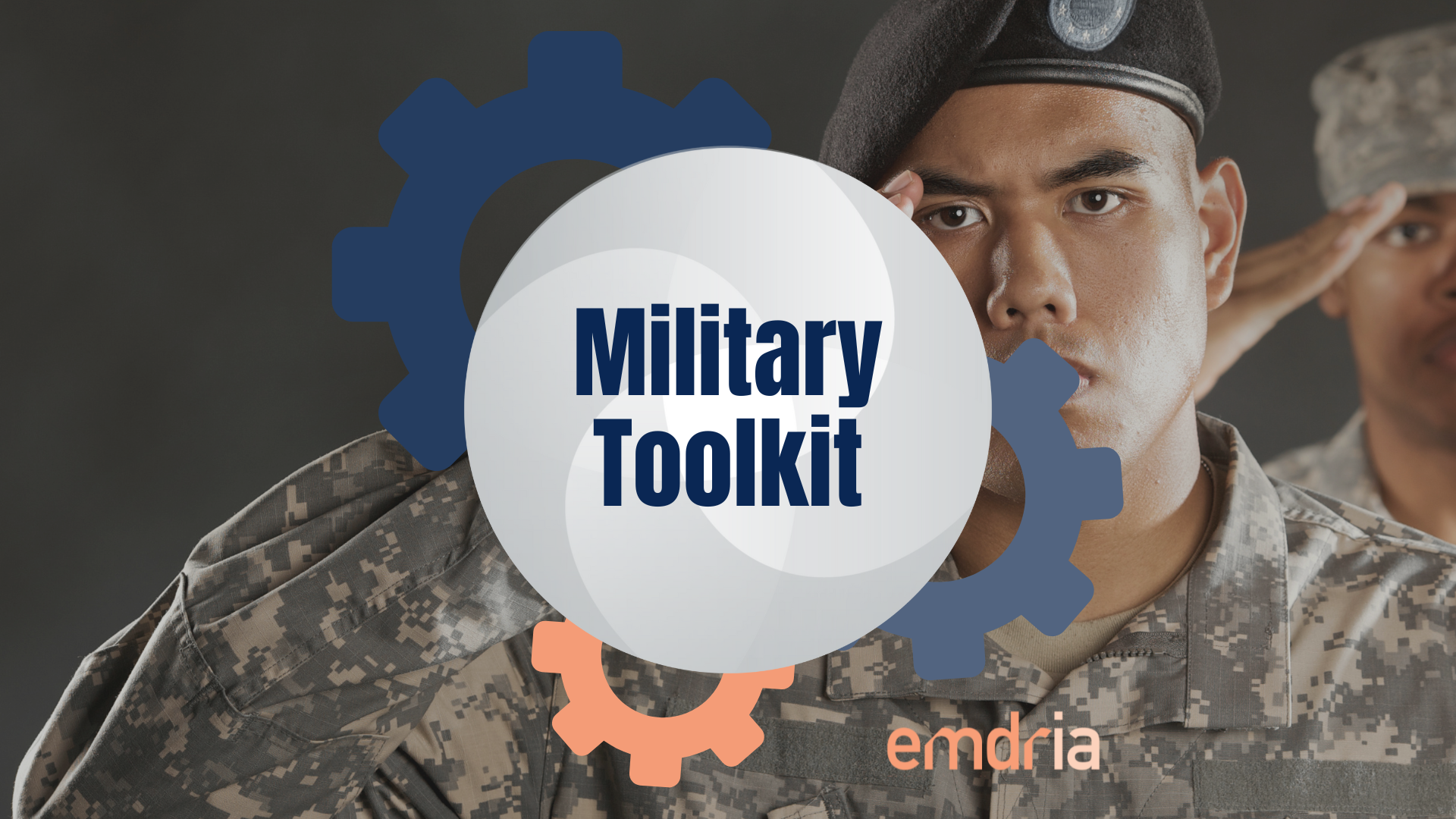
Military Toolkit
Resources helpful to EMDR therapists who work with a military population, whether that's active duty service members, veterans, or reserve members.
Members only
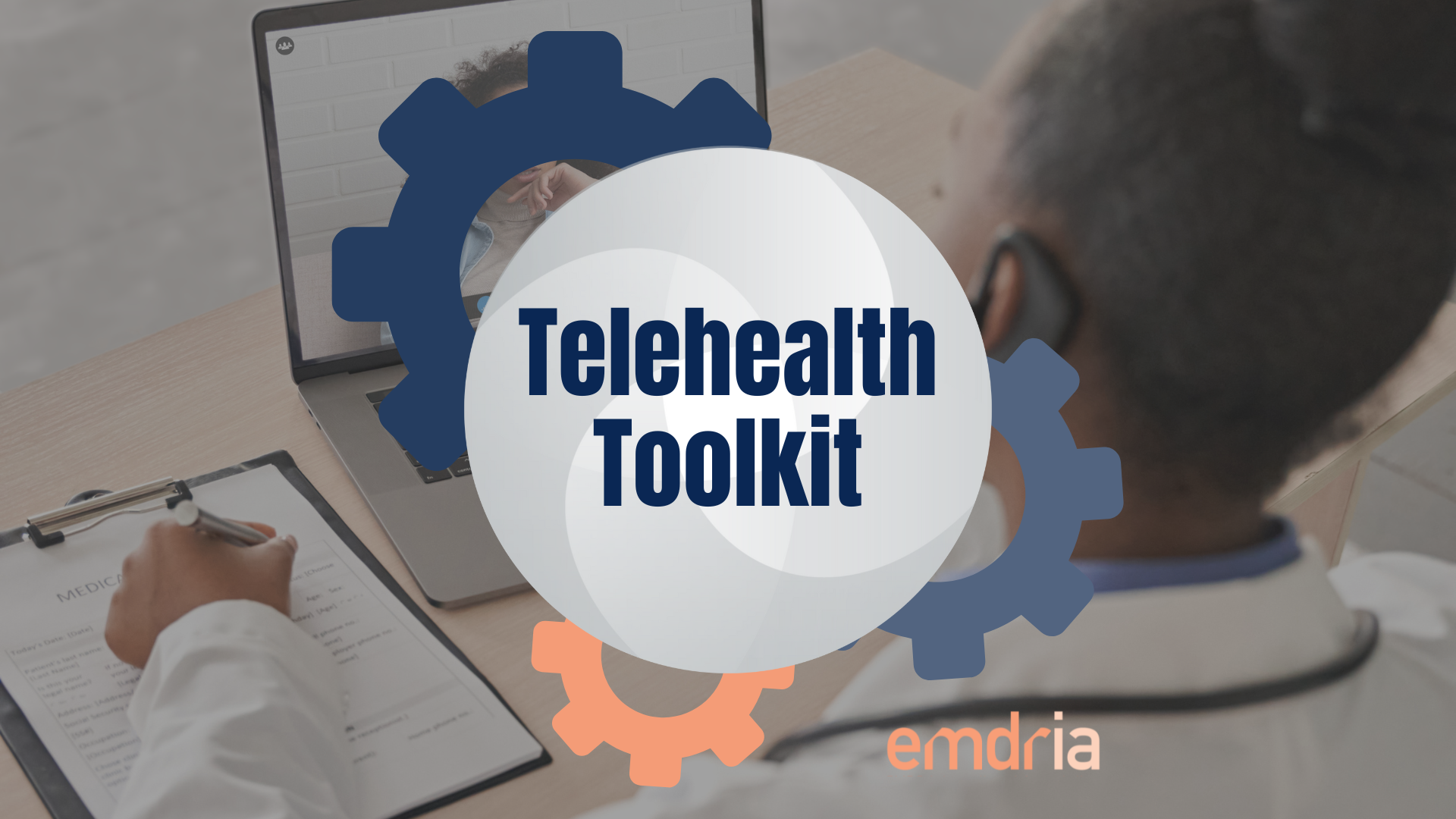
Telehealth Toolkit
Resources regarding using EMDR therapy online. Includes the Guidelines for Virtual EMDR Therapy, peer-reviewed research, videos, and infographics
Open Access

